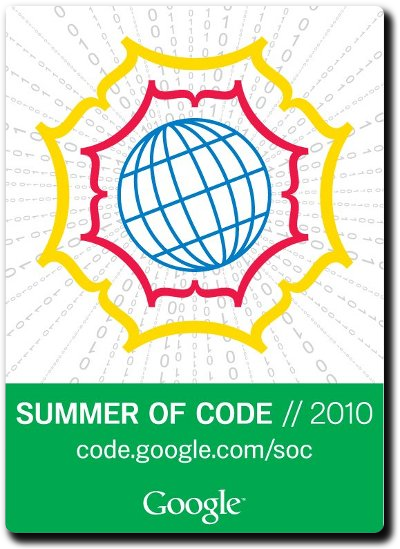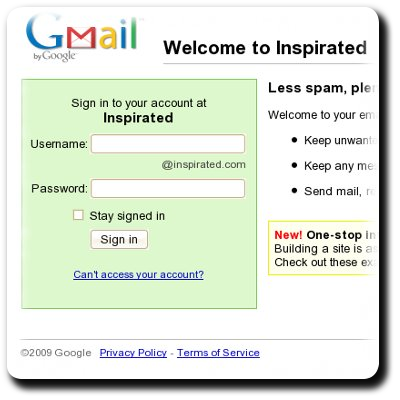Summer of Code Progress: Ubuntu Community Bonding
Over the past few days, I have been preparing myself for GSoC work in various ways. Officially, these few weeks are defined as “Community Bonding Period” for Summer of Code participants. Meaning, selected students are expected to spend time for getting everything set for the real development which starts on May 26th.
The first thing on my priority list was to find a way for fail-safe IRC communication. The end solution was documented in my previous post. In a nutshell, now I have this IRC client running all the time to which I can connect occasionally and go-through the activity since my last visit.
Next up was discussing with Bryce the list of things that should be ready before the next stage. Setting up Launchpad locally was pinpointed as the real PITA for beginning the development. He advised me on a few other aspects as well, including why I should aim to complete the major coding portions of my work before the mid-term evaluation. Bryce has been the X.org maintainer for Ubuntu so he’s also new to Launchpad development like me. However, unlike me he has been able to set up a Launchpad instance on Lucid Lynx. I have been trying a bit unsuccessfully to do the same with Karmic Koala for a few days now. The rocketfuel-setup quits on me after complaining about download-cache directory not being available in the devel tree. I’m hoping to look more into that tonight.
As for the miscellaneous things, Google gifted all the participants an year of ACM Student Membership. Without sarcasm, ACM has one of the most confusing user-management system I have ever used. I already had a web-account on ACM and hence my username was not available for using this membership. Doesn’t make sense? Exactly. With that said, on the brighter side of things was the fact that ACM’s help-desk was prompt and solved my registration problems within a few emails of correspondence. The ACM email address still isn’t forwarding emails properly but I guess that’ll take a few days to resolve.
On the community side of things, I thought it would be convenient to have important information about my organization’s projects in one place. On that account, here’s a list of my fellow Ubuntu participants for this year’s Summer of Code:
Good luck to everyone on board!
Tags: Arsenal, Code, Google, GSoC, Launchpad, Open Source, Summer of Code, Ubuntu




